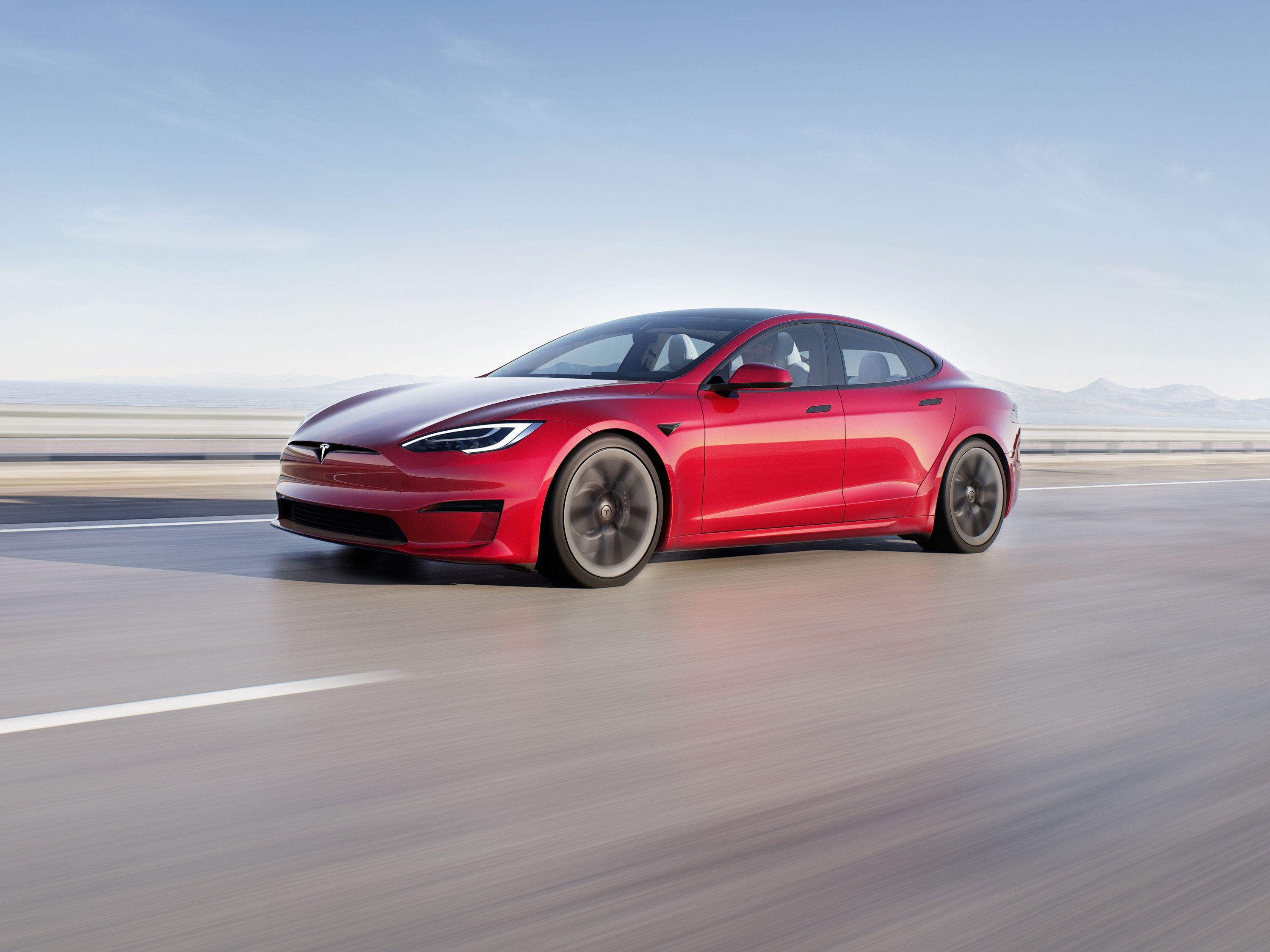
While it may find itself in fairly controversial spots of bother, there's no denying that Tesla is a powerhouse when it comes to innovation and technology. Its lineup of battery-powered vehicles is not only efficient but, in the case of the Model S Plaid especially, very fast too. Just recently, an example broke the lap record for EVs at Virginia International Raceway.
But any automotive manufacturer is only as good as its key suppliers. With demand for Teslas remaining strong, it would make sense that suppliers up their game too. To that end, Bloomberg reports the world's largest producer of EV batteries is eyeing sites across North America, for a new $5 billion plant.
Contemporary Amperex Technology Co Ltd (CATL) produces batteries for many carmakers and can clearly see the need for increased manufacturing as demand for EVs grows. According to an unnamed source, the Chinese company is looking to build a facility capable of producing as many as 80 gigawatt-hours of batteries per annum. It has the potential to supply 10,000 much-needed jobs.
Internal sources told the news outlet that company executives traveled to Mexico this month for meetings on the matter. The US and Canada have not been ruled out, although concerns surrounding trade issues and labor have sparked concern. Representatives for CATL have declined to comment on the matter.
Although the company remains tight-lipped, an expansion like this would make plenty of sense. After all, the world's carmakers are looking at electromobility as the future and, as more ICE buyers look at EVs as replacements, demand will only skyrocket. Bloomberg reports the company has a substantial 30% share of the global electric vehicle battery market.
Aside from the obvious growth benefits, setting up shop in North America would allow the company to reduce its costs and, hopefully, pass those savings on to the consumer. While governments and environmental organizations are encouraging the widespread adoption of electric cars, it's not easy for most; EVs remain prohibitively expensive for the average American.
The North American facility would reportedly produce lithium iron phosphate (LFP) cells and nickel-manganese-cobalt items, the former being a cheaper alternative, at the expense of travel range. Fisker (another client of CATL) is using LFP batteries in its Ocean SUV, and so too is Tesla, in specific models. Interestingly, Rivian's CEO also announced the company may want to invest in the development of LFP cell technology.
With heavyweight customers littered all over the world, CATL's ambitions to expand and conquer the segment are understandable. However, we can't imagine the Biden administration would be particularly pleased with a Chinese company setting up shop in the USA. While it would, ultimately, aid in the adoption of electric vehicles, President Biden's efforts to support American companies and create a local battery supply chain could be hindered by CATL's looming presence.
